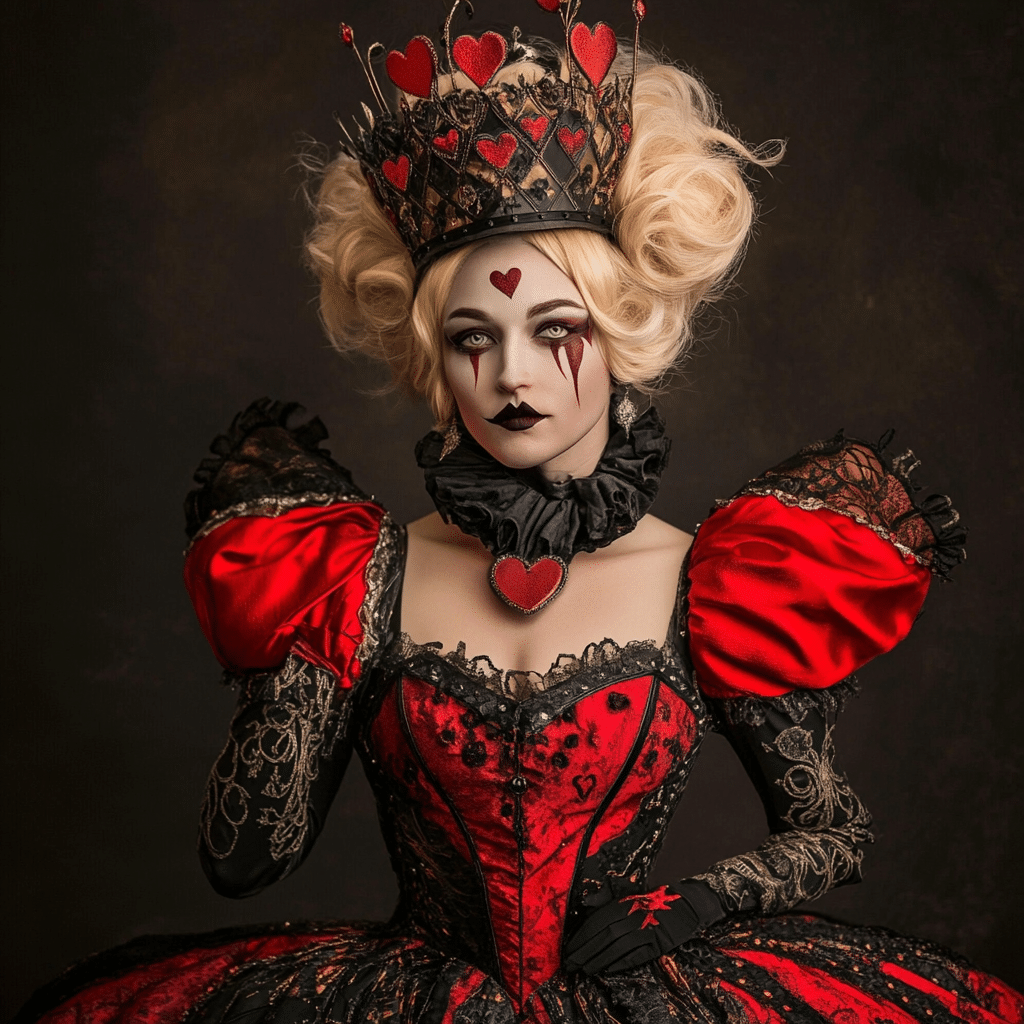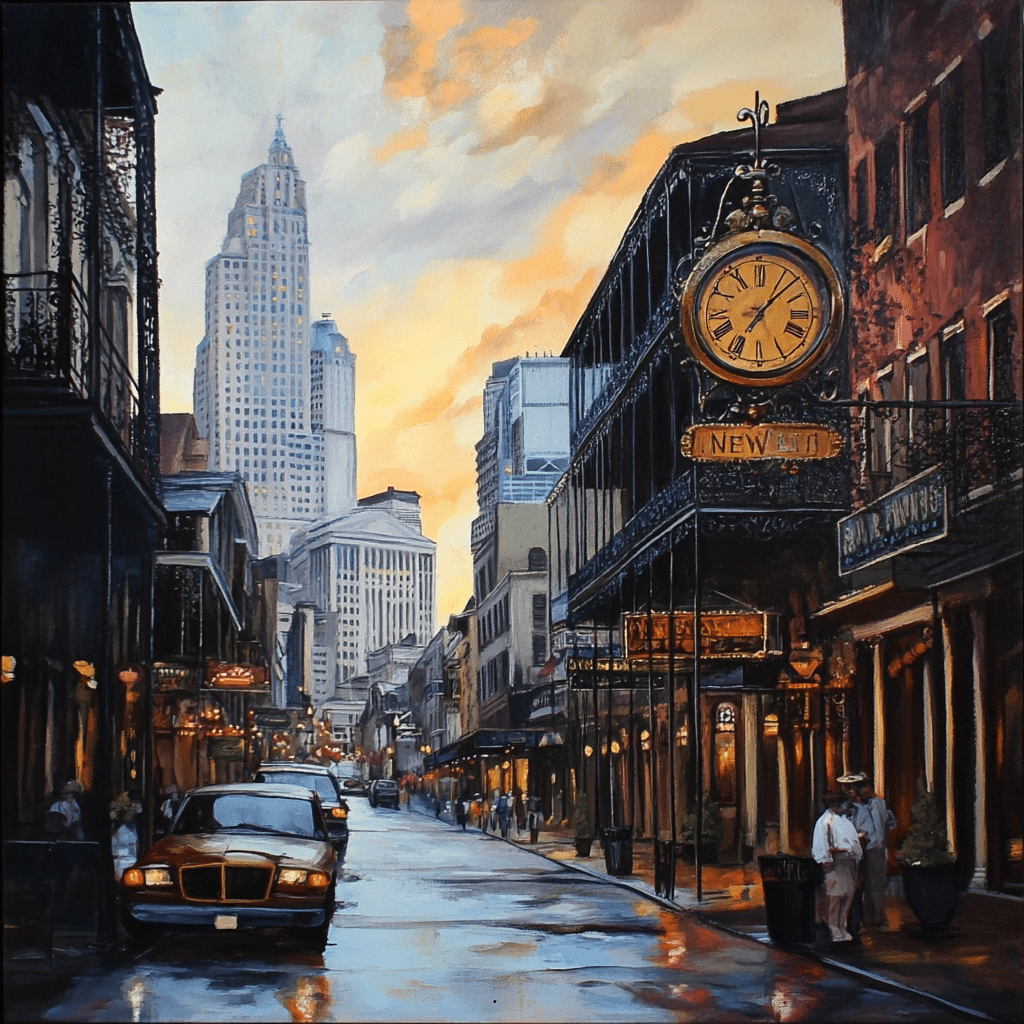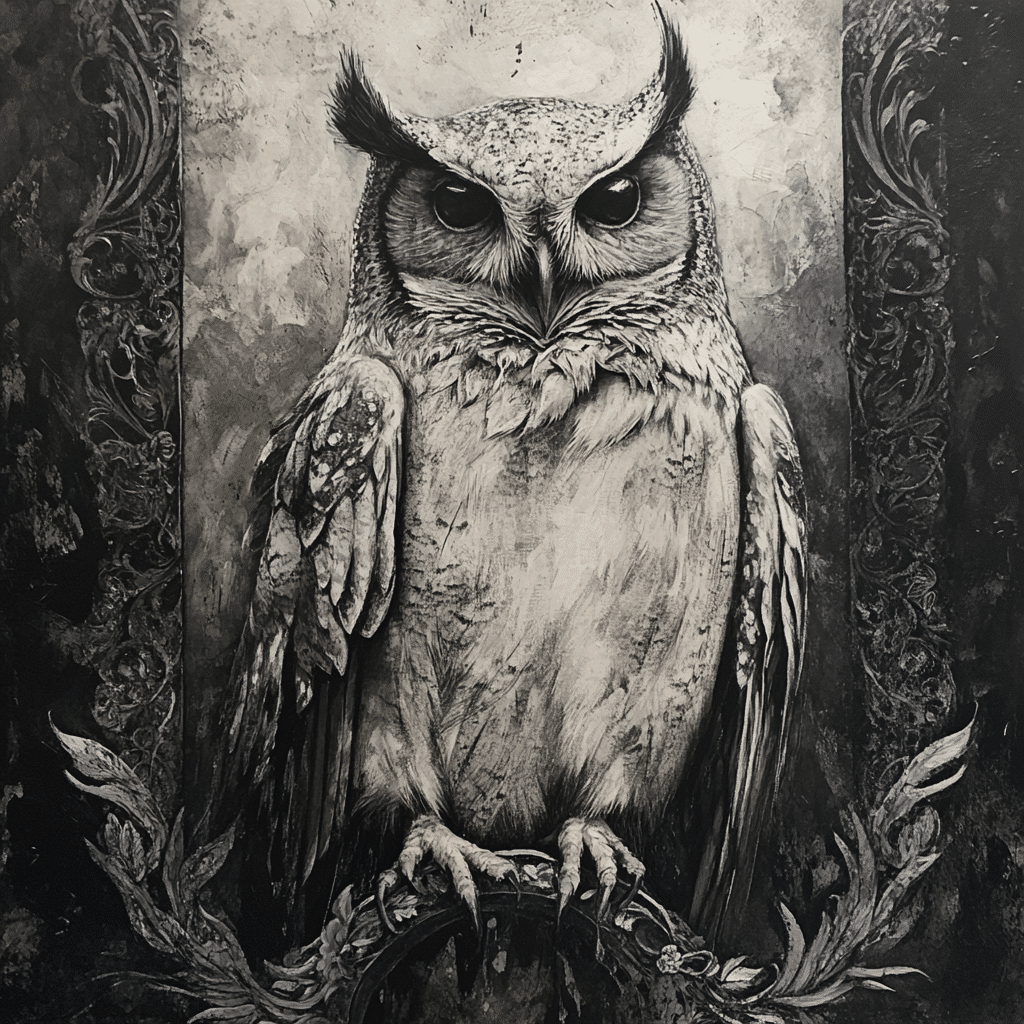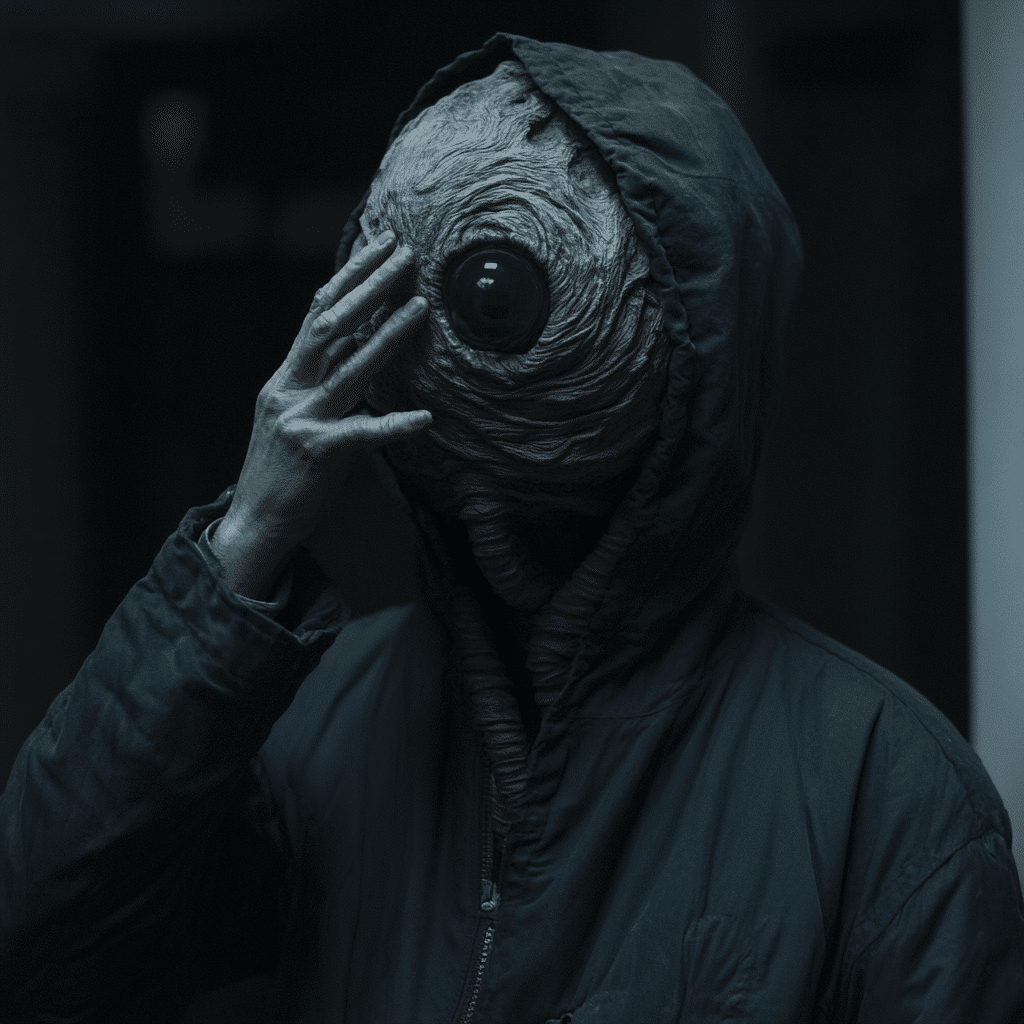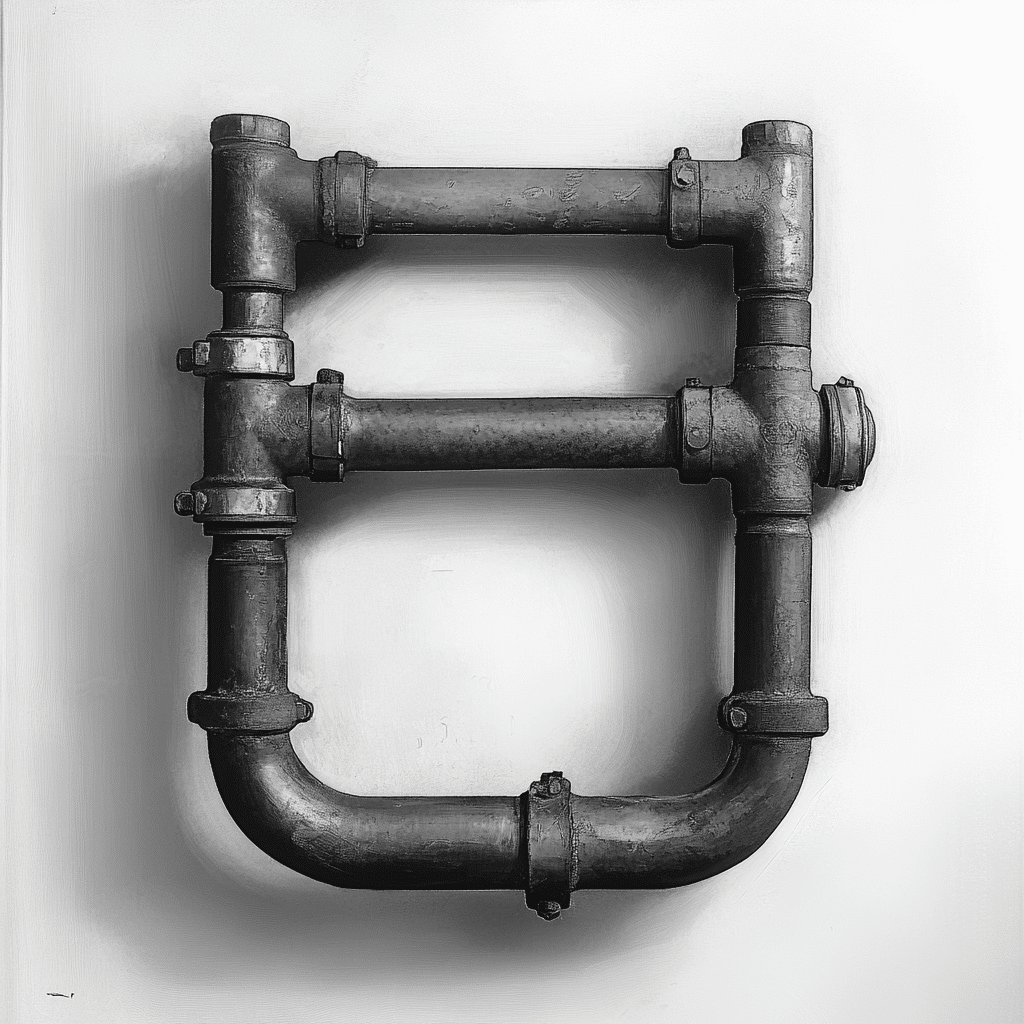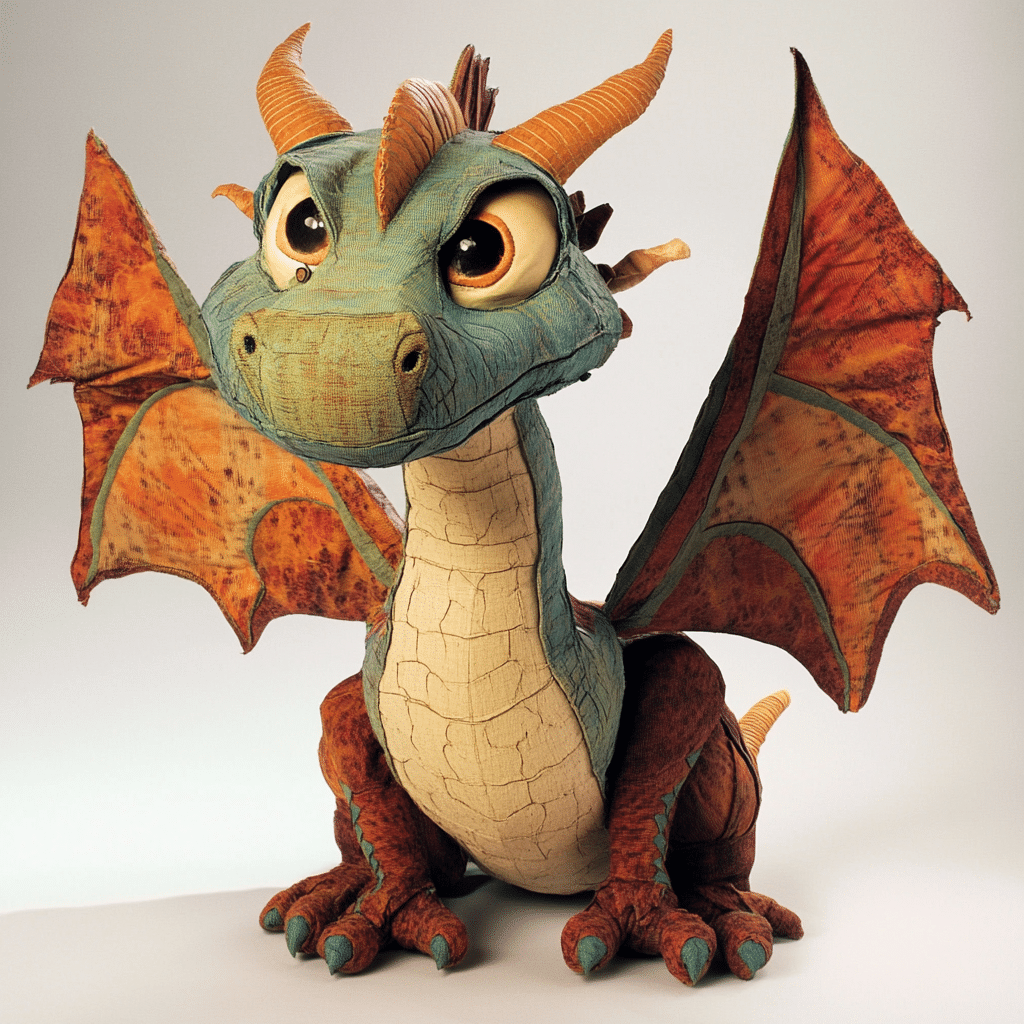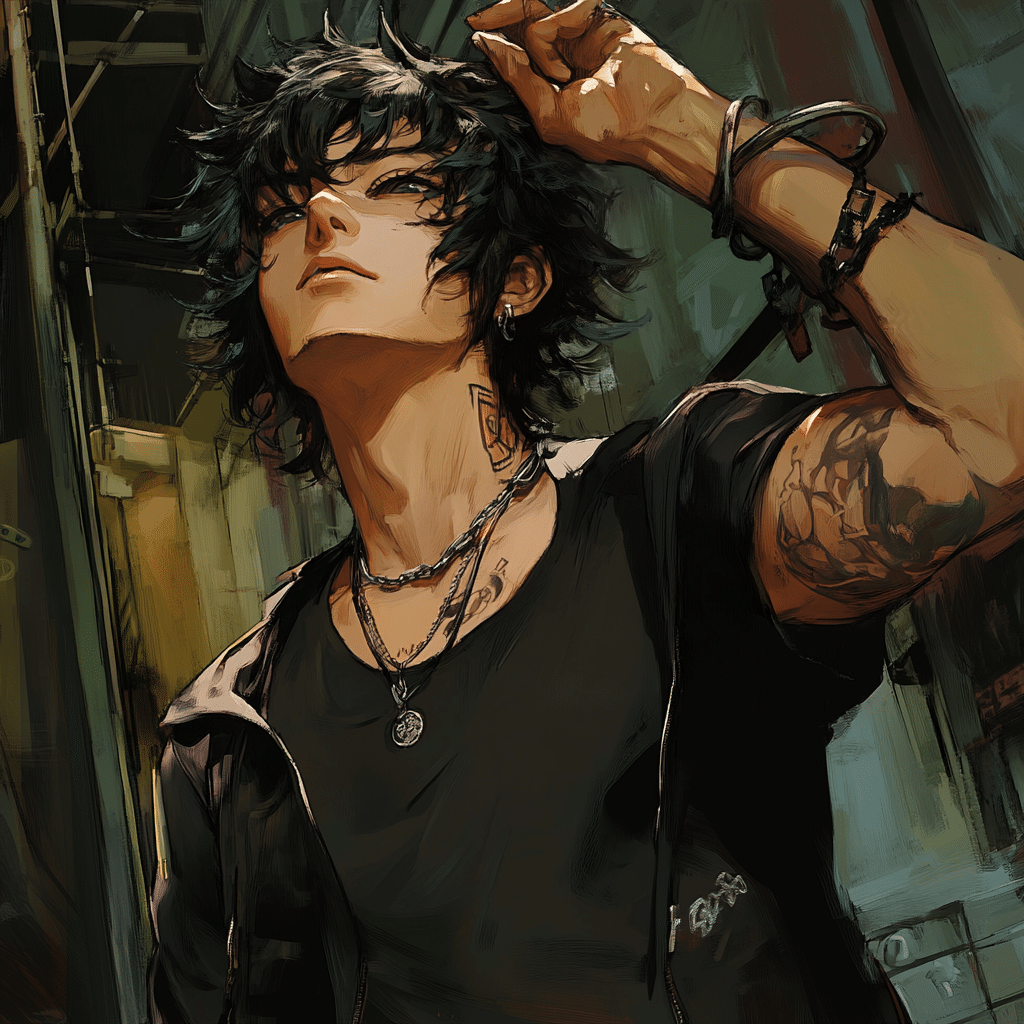As we turn the pages of history, we often encounter figures who walked the trembling grounds of pivotal moments, yet remained shrouded behind the curtains of the past. Traudl Junge is one such person, whose proximity to power painted her life story with shades of moral complexity. Unfolding the narrative of Traudl Junge, we’re not just tracing the trajectories of a secretary but delving deep into the human psyche, examining how ordinary lives can become etched into the annals of history.
The Life and Legacy of Traudl Junge: A Biographical Sketch
Traudl Junge’s early life was much like a gentle stream that unwittingly wound towards a maelstrom. Born as Gertraud Humps in Munich, 1920, Junge dreamt of becoming a dancer—an aspiration that clashed with her family’s middle-class conservatism. She was a young girl muddled between her personal ambitions and societal expectations, her life underscored by the swelling unrest of a country shadowed by the aftermath of World War I.
Junge’s career took an unforeseen turn in 1942 when she was snatched from obscurity to serve as Adolf Hitler’s private secretary. With this role, she was thrust into the heart of the Nazi regime—into an office where the air brimmed with the ominous orchestration of war. Traudl Junge was not just a typist; she was a silent spectator to strategies that would convert Europe into a theatre of massacre.
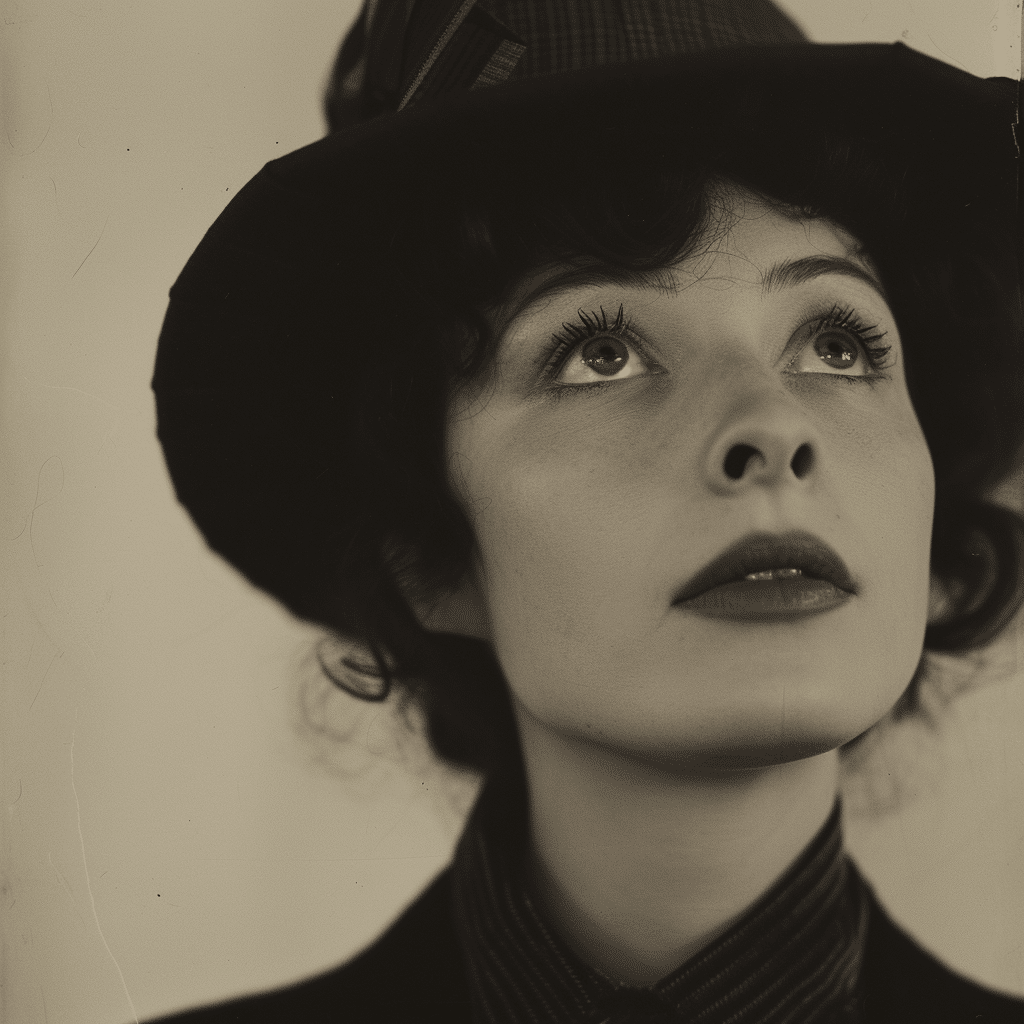
Traudl Junge at the Epicenter of Power: A Secretary’s Tale
Imagine sitting at the epicenter of power, where each tick of the clock echoed significant decisions shaping the course of human history. This was a day in the life of Traudl Junge. As Hitler’s private secretary, her hands danced across the keys of a typewriter, transcribing the Führer’s words, often oblivious to their gravity. Junge navigated her duties with efficiency, cocooned from the war’s brutality by the walls of the Reich Chancellery and later, from deep within the Führerbunker.
Yet, it was not all stenography and silence. In the recesses of her memory, she enshrined moments like the fateful draft of Hitler’s last will—a testament penned as the Third Reich disintegrated. She confessed, years later, the surreal nature of her situation, articulating the bizarre normalcy that pervaded the bunker, despite the cacophony of an empire falling apart just above their heads.
| Heading | Information |
| Full Name | Gertraud “Traudl” Junge (née Humps) |
| Date of Birth | 16 March 1920 |
| Place of Birth | Munich, Bavaria, Germany |
| Date of Death | 10 February 2002 |
| Place of Death | Munich, Bavaria, Germany |
| Early Life | Grew up in Munich and worked as a secretary. |
| Career | – Hitler’s private secretary (1942-1945) |
| – Worked on Hitler’s will and personal documents. | |
| Marriage | Married to SS officer Hans Junge in 1943 |
| Hans Junge’s Death | Killed on 13 August 1944 by a British plane in Normandy, France |
| Notable Events | – Was in the Führerbunker during Hitler’s final days and typed his last will. |
| – Witnessed the marriage of Eva Braun and Hitler. | |
| Post-war Life | – Interrogated by Soviet and American forces post-war. |
| – Worked as a secretary and later contributed to documentaries and memoirs about her experiences. | |
| Memoir | “Until the Final Hour: Hitler’s Last Secretary” (original German title: “Bis zur letzten Stunde”) |
| In Media | Portrayed in the film “Downfall” (2004) |
| Recognition | Posthumously recognized for her memoirs which contributed to the understanding of Hitler’s final days and the dynamics within the bunker. |
| Death Cause | Cancer |
| Legacy | Traudl Junge is remembered for her unique and critical perspective on one of history’s most notorious figures and that tragic period. |
Post-War Reflections: Traudl Junge’s Path to Self-Realization
The chimes of war’s end beckoned a tumultuous journey for Traudl Junge. Captured by the Red Army and later released, she grappled with the unveiled horror of the Holocaust—a truth she, like many, claimed was clouded by naivety and propaganda. The burden of her position, once worn lightly upon her shoulders, now weighed her down with the leaden guilt of association.
Junge’s memoirs unfurled a narration of self-discovery, as she pondered over her closeness to malevolence and acknowledged a guilt that time would not erase. The public wrestled with mixed sentiments—some saw her merely as a youthful pawn; others, a symbol of complicity. There were no clear absolutes in the story of Traudl Junge, only the complex hues of human frailty.
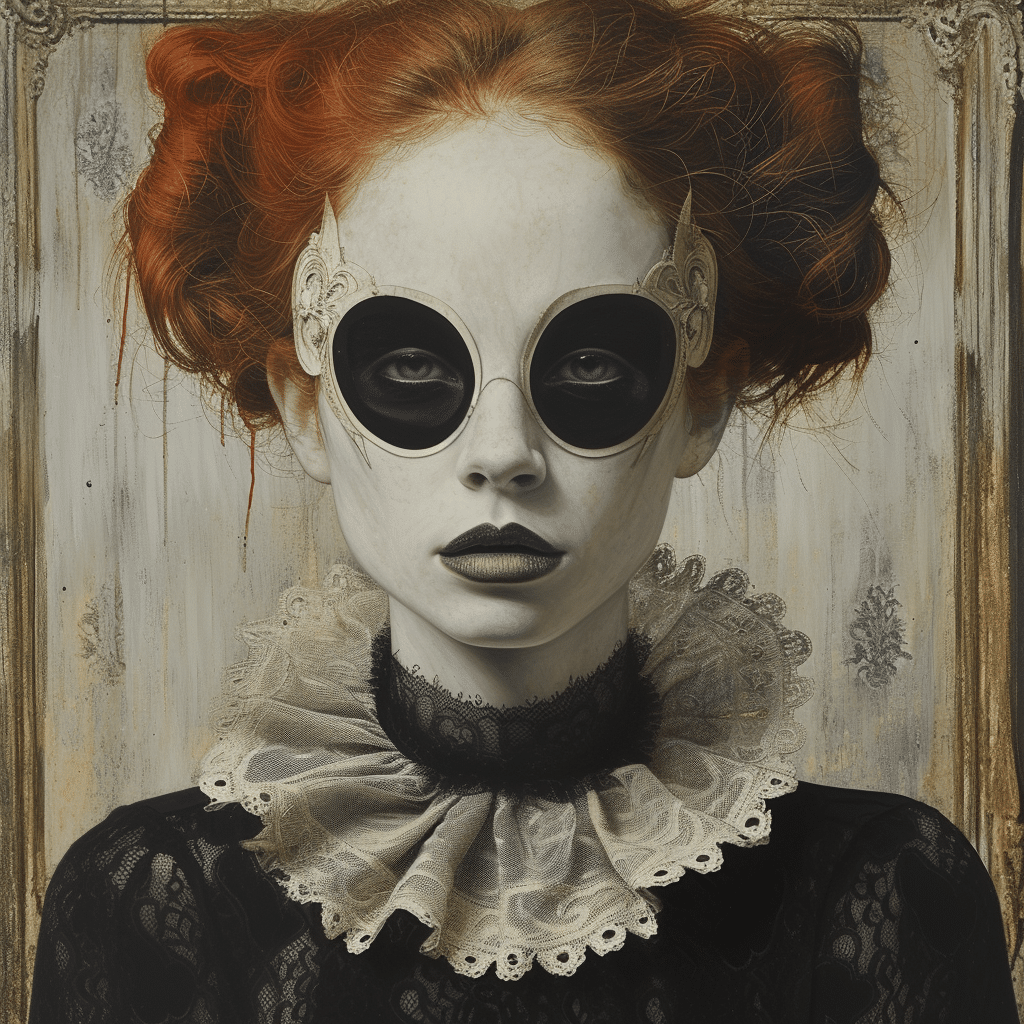
The Moral Quandary of Traudl Junge: Complicity and Condemnation
Journeying through Traudl Junge’s life is to walk a tightrope strung between empathy and accountability. How do we measure her guilt, knowing she inscribed the words of a tyrant yet retained a seat away from the helm of cruelty? Traudl Junge was submerged in a moral quandary, and many have since pondered her role through the lens of philosophy and history’s unforgiving gaze. Her youthful innocence and her unwitting role within such a catastrophic regime add complex layers to the debate on personal responsibility during times of widespread atrocity.
Hitler’s Last Moments: Traudl Junge’s Unique Witness Account
It was during these waning moments of the Reich that Traudl Junge bore witness to history in its darkest hours. Her account illuminates a corner of the past that’s enigmatic and yet deeply humanizing. Through her eyes, we glean the disintegration of a dictator, enveloped by delusion as his dominion crumbled. Far removed from the glamorized depictions of villainy, her testimonies present a Hitler devoid of might in his terminal days—a critical contribution to our understanding of the era’s closing chapter.
The Woman Beyond the Secretary: Traudl Junge’s Private Life
Dissociating Traudl Junge from her professional identity unveils a portrait touched by personal loss and the intricacies of love found amidst upheaval. In 1943, she intertwined her fate with Hans Junge, an officer and Hitler’s aide. Tragedy soon followed, as Hans was killed in Normandy, France, by a British assault, just a year into their marriage. This intimate ordeal of Traudl Junge, often overshadowed by her secretarial role, reflects the broader human experience of loss, affection, and survival in a period where private life was frequently eclipsed by public catastrophe.
Traudl Junge’s Influence on Historical Narrative and Memory
The ripples caused by Traudl Junge’s personal recounting of events have permeated through our collective historical consciousness. Her memoir, “Until the Final Hour,” offered a visceral, human perspective of the war’s inner sanctum, aiding historians in piecing together a more comprehensive narrative. Traudl Junge has been immortalized through film and literature, with her interviews and publications serving as critical instruments for those who seek to understand a history so often dominated by monumental figures and wider geopolitical maneuvers.
The Ethical Implications of Documenting Traudl Junge’s Story
Chronicling Traudl Junge’s history treads a fragile ethical line; one must balance humanizing characters of the past while not castigating or exonerating roles within reprehensible regimes. Her depiction in the film “Downfall” reignited discussions over the portrayal of individuals under Nazi affiliation. Should her narrative gain a platform, or does its amplification distract from the regime’s victims? It serves as a touchstone for a broader contemplation of how history acknowledges much-maligned periods.
Traudl Junge’s Role in Transformative Historical Education
Delving into Traudl Junge’s experiences can carve pathways for enlightening discourses on culpability and the intoxicating allure of authority. Her first-hand accounts provide vibrant strokes to the otherwise monochromatic sketches of history, prompting reflection on the seduction of extremism, and the vital importance of vigilance and ethical consciousness. It underscores the transformative potential of learning from the nuanced stories of those caught in the tempests of the past.
Conclusion: Understanding the Complex Tapestry of History Through Traudl Junge’s Eyes
In conclusion, the life of Traudl Junge serves as a mirror to an elusive facet of history—a reflection of an individual’s journey through extraordinary circumstances. Examining her story compels us to grapple with themes of ethical responsibility, the impact of personal narratives on historical memory, and the shaping of collective understandings. By peering through Traudl Junge’s lenses, we not only expand our grasp of history but also emerge equipped to imbue future chapters with the wisdom of retrospection.
The Fascinating Life of Traudl Junge
Welcome, history buffs! We’re about to dive into some surprising tales and tidbits about Traudl Junge, but not the dry history lesson you might expect. So, kick back, set your 30 min timer, and let’s get started on this wild historical ride.
The Wedding That Made History
Ever heard the story of The best man that history won’t easily forget? Well, Traudl Junge was married to Adolf Hitler’s aide, and boy, does that put a twist on the title of the best man. It’s like scoring an invite to the wedding of the century, only to find out it would be a chapter in the history books… under the “infamy” section.
Exploration Beyond the Norm
Just like Henry The Navigator, Traudl Junge charted her own kind of exploration—a journey through the intricacies of the Third Reich’s inner circle. Who would’ve thought she’d be navigating stormy waters not unlike Prince Henry The Navigator himself, albeit in a far less literal voyage?
Time Well Spent
Traudl Junge spent a mere few years working closely with one of history’s most notorious figures, but it’s not like she was counting down with a 30 min timer.( Those years would later unfold a lifetime of reflection and contemplation about the role she unwittingly played during a dark chapter of the 20th century.
Unexpected Connections
Now, you wouldn’t think Traudl Junge and Hogwarts have much in common, would you? But if you’re wondering Is Hogwarts legacy Multiplayer in the sense of unexpected alliances and shared destinies, then Traudl’s story weaves a similar thread. Although, unlike the gaming world detailed at is Hogwarts Legacy multiplayer, her alliances were scripted by real-world events.
Stamina of a Different Kind
Imagine the Hiit workout Traudl had to endure—emotionally and mentally, alternating between moments of high-intensity events and the slow burns of quieter, but no less challenging, roles. This was in a league far beyond the physical stamina required for a HIIT workout.
A Long Season of Soul-Searching
Post-war life for Traudl Junge could be likened to figuring out How many baseball Games in a season—except, in her case, it was a season of grappling with a past that wouldn’t fade. Each revelation or interview was another game on her schedule; a season that lasted a lifetime, much like delving into the trivia of how many baseball games in a season.
A Star Unlike Any Other
Traudl Junge might not be making waves like Milly Alcock on the silver screen, but her life story could very easily be the script for an epic drama with twists that an actress like Milly would clamor to play.
So there you have it—a little light shed on Traudl Junge’s life that’s as engaging as it gets. Whether you’re a history guru or just like a good yarn, the twists and turns of Traudl Junge’s story are something to marvel at, much like twisting through the revelations of Milly Alcock’s( latest character. Who said history couldn’t give today’s TV dramas a run for their money?
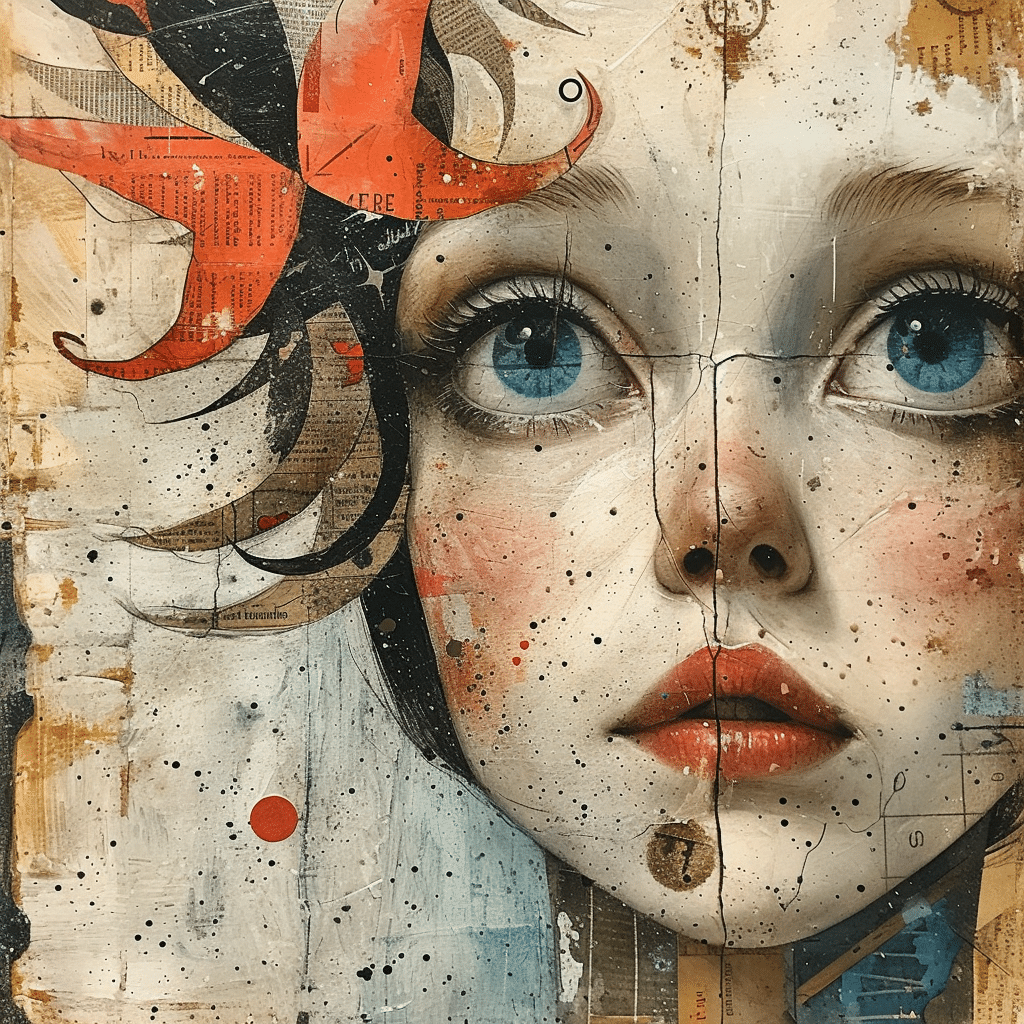
What happened to Traudl Junge’s husband?
– Oh, talk about tragic love! Traudl Junge’s hubs, Hans Junge, bit the dust big time. In 1944, their happily-ever-after got cut short when a British plane came swooping down in Normandy, France, raining bullets on his unit. Just like that, a year after they tied the knot, he was out of the picture.
Who was Hitler’s secretary?
– Want the scoop on Hitler’s right-hand woman? That’s Traudl Junge for ya – she was the gal with the typewriter, taking dictation from ol’ Adolf himself. She hadn’t seen the horror movie she was living in until it was too late, but she definitely was in the eye of the storm.
Did Traudl Junge remarry?
– As for Traudl hopping on the marriage bandwagon again – nah, she didn’t. After her first hubby’s war-time checkout, she stayed single, living with the ghosts of her past instead of a new Mr. Right.
What happened to Hitler’s secretary?
– After the dictator’s downfall, Hitler’s secretary, Traudl Junge, had a heck of a time dealing with the fact that she didn’t see the forest for the trees regarding her boss’s monstrous deeds. Post-war, she did a 180, spilling the beans on her years as the typist to the tyrant, eventually making peace with her past before passing away in 2002.
Who was Hitler’s best general?
– Hitler’s best general, huh? There’s a few worth mentioning, but if we’re talking top dog, many folks tip their hats to Erwin Rommel, aka the “Desert Fox”. Cunning, respected, and with a knack for armored warfare, he was quite the thorn in the Allies’ side until things went south for him.
Did Eva Braun’s sister survive the war?
– Lucky for her, Eva Braun’s sister, Ilse, didn’t join the eternal checkout line during World War II. She dodged the bullet and lived to tell the tale after the war, unlike her infamous sis who chose a bunker date with destiny alongside Adolf.
Was Peter Kranz real?
– The tale of Peter Kranz isn’t one you’ll find in the history books, ’cause he’s as real as a $3 bill! This kid’s a figment of someone’s imagination, a fictional cherry on top of the World War II cake that no one ordered.
